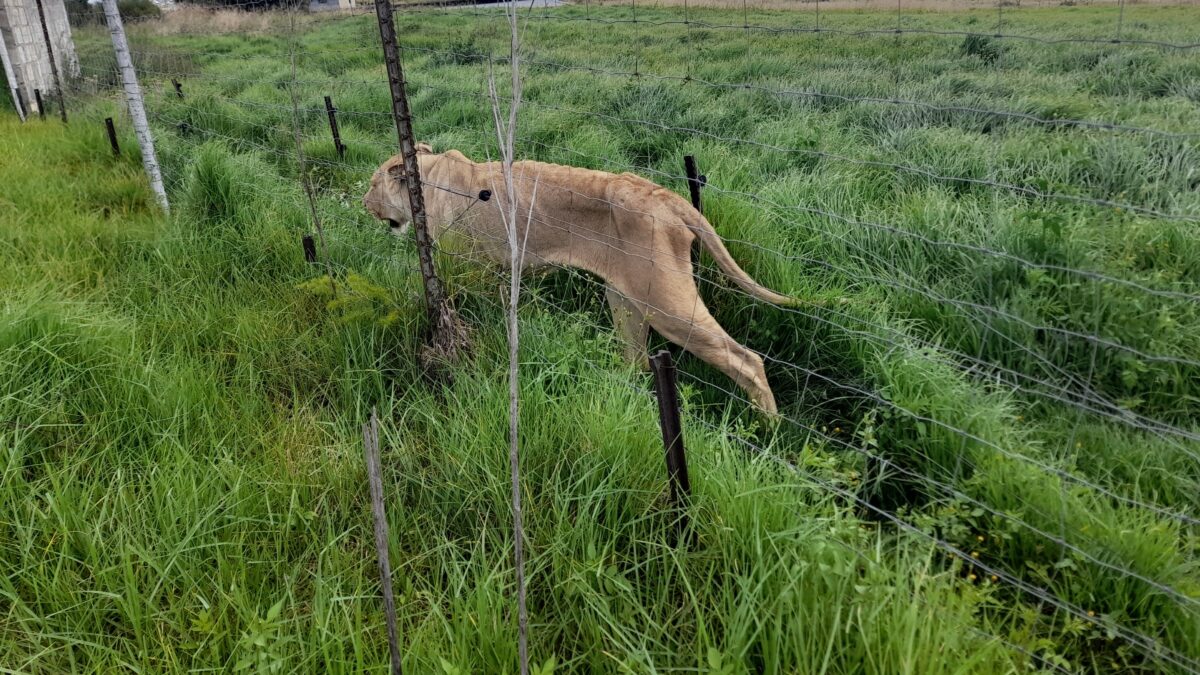NATIONAL NEWS - Four foreign nationals have been sentenced to 15 years imprisonment each for poaching 303 specimens of the critically endangered Clivia mirabilis in the Namakwa region.
The plants have an estimated black market value of R6-million to R30-million.
The Minister of Forestry, Fisheries and the Environment, Dr Dion George says the conviction sends a strong message against environmental crime.
The Calvinia Regional Court handed down the 15-year direct imprisonment sentences to Mark Daddy (43), Raphael Mhashu (25), Simbarashe Charanelura (33) and Elton Ngwanati (34).
The men were arrested on 20 April last year in possession of the endangered specimins commonly known as the miracle bush lily or Oorlogskloof bush lily.
They were convicted on charges relating to the illegal harvesting of protected plant species and breaches of South Africa’s immigration legislation.
George says the conviction reflects a broader trend of organised criminal syndicates expanding their focus beyond succulents to exploit a wider range of South Africa’s rare flora, driven by high international demand, particularly in Asian markets.
George commended the South African Police Service (SAPS), the National Prosecuting Authority (NPA) and all involved officials - including investigating officer Constable Danver Matthys and prosecutor Darryl Bromkamp - for their dedication in securing the conviction and sentence.
Phasing out captive lion breeding
Meanwhile, George is also busy phasing out harmful captive lion breeding practices through updated regulations.
He said the department is making rapid progress toward publishing the Lion Prohibition Notice, banning new captive lion breeding facilities, in alignment with strengthened Threatened or Protected Species (Tops) Regulations.
George said prohibiting new captive lion breeding facilities and addressing critical animal well-being provisions mark a turning point in the department's approach to wildlife conservation.
The Lion Prohibition Notice implements a key recommendation from the Ministerial Task Team Report and in line with the objectives of the policy position on the conservation and sustainable use of elephant, lion, leopard and rhino.
The notice prohibits the establishment of new captive lion facilities for commercial purposes, aligning with global conservation standards and ethical wildlife management practices.
There are currently an estimated 8 000 captive lions in South Africa across 350 facilities.
 One of the captive, starving lions found on Professor Thabo Masihlelo's farm in the Free State in 2023. Photo: nspca.org.za
One of the captive, starving lions found on Professor Thabo Masihlelo's farm in the Free State in 2023. Photo: nspca.org.za
Professor sentenced for starving lions
In April this year Professor Thabo Masihlelo of Sefako Makgatho Health Sciences University was convicted of animal cruelty and sentenced to a fine of R5 000 or 10 months’ imprisonment, half of which was suspended for five years, on condition that he does not re-offend.
The sentence followed after the National Council of SPCAs’ (NSPCA) Wildlife Protection Unit (WPU) conducted an inspection at Masihlelo’s farm in Tweeling in the Free State in 2023.
There they discovered several lions in varying stages of starvation and proceeded to lay criminal charges against Masihlelo.
According to nspca.org.za, Masihlelo bred captive lions under the guise of supporting conservation efforts in South Africa, but failed to meet even the most basic requirement of feeding the animals.
Lions, severely emaciated with visible ribs, spines and hip bones, were left to endure prolonged starvation.
"Of course, we would prefer much stricter penalties for crimes against animals,” said Chief Inspector Douglas Wolhuter, Manager of the NSPCA’s Wildlife Protection Unit.
“Nonetheless, this successful conviction sends a clear message that we will not tolerate animal cruelty in any form.”
Lions are mostly bred in captivity for trophy hunting or for use as so-called "traditional medicine or supplements", but lion bones and other lion body parts have no medicinal value at all.
‘We bring you the latest Garden Route, Hessequa, Karoo news’
















